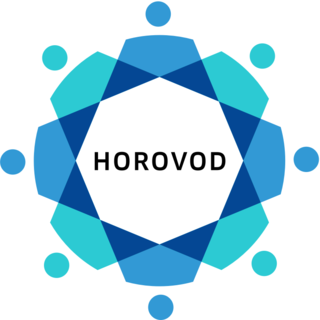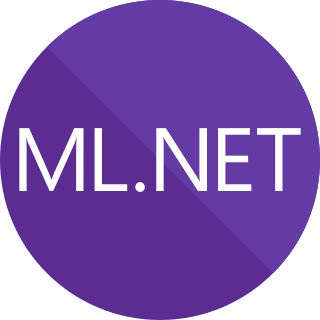 W
WCatBoost is an open-source software library developed by Yandex. It provides a gradient boosting framework which attempts to solve for Categorical features using a permutation driven alternative compared to the classical algorithm. It works on Linux, Windows, macOS, and is available in Python, R, and models built using catboost can be used for predictions in C++, Java, C#, Rust, Core ML, ONNX, and PMML. The source code is licensed under Apache License and available on GitHub.
 W
WGenerative Pre-trained Transformer 2 (GPT-2) is an open-source artificial intelligence created by OpenAI in February 2019. A transformer machine learning model, GPT-2 uses deep learning to translate text, answer questions, summarize passages, and generate human-readable text output on a level that is often indistinguishable from that of humans. It is a general-purpose learner; it was not specifically trained to do any of these tasks, and its ability to perform them is an extension of its general ability to accurately synthesize the next item in an arbitrary sequence.
 W
WHorovod is a free and open-source software framework for distributed deep learning training using TensorFlow, Keras, PyTorch, and Apache MXNet. Horovod is hosted under the Linux Foundation AI. Horovod has the goal of improving the speed, scale, and resource allocation when training a machine learning model
 W
WML.NET is a free software machine learning library for the C# and F# programming languages. It also supports Python models when used together with NimbusML. The preview release of ML.NET included transforms for feature engineering like n-gram creation, and learners to handle binary classification, multi-class classification, and regression tasks. Additional ML tasks like anomaly detection and recommendation systems have since been added, and other approaches like deep learning will be included in future versions.
 W
WNNI is a free and open source AutoML toolkit developed by Microsoft. It is used to automate feature engineering, model compression, neural architecture search, and hyper-parameter tuning.
 W
WOpenCog is a project that aims to build an open source artificial intelligence framework. OpenCog Prime is an architecture for robot and virtual embodied cognition that defines a set of interacting components designed to give rise to human-equivalent artificial general intelligence (AGI) as an emergent phenomenon of the whole system. OpenCog Prime's design is primarily the work of Ben Goertzel while the OpenCog framework is intended as a generic framework for broad-based AGI research. Research utilizing OpenCog has been published in journals and presented at conferences and workshops including the annual Conference on Artificial General Intelligence. OpenCog is released under the terms of the GNU Affero General Public License.
 W
WCyc is a long-term artificial intelligence project that aims to assemble a comprehensive ontology and knowledge base that spans the basic concepts and rules about how the world works. Hoping to capture common sense knowledge, Cyc focuses on implicit knowledge that other AI platforms may take for granted. This is contrasted with facts one might find somewhere on the internet or retrieve via a search engine or Wikipedia. Cyc enables AI applications to perform human-like reasoning and be less "brittle" when confronted with novel situations.
 W
Wrnn is an open-source machine learning framework that implements recurrent neural network architectures, such as LSTM and GRU, natively in the R programming language, that has been downloaded over 100,000 times.
 W
WTensorFlow is a free and open-source software library for machine learning. It can be used across a range of tasks but has a particular focus on training and inference of deep neural networks.